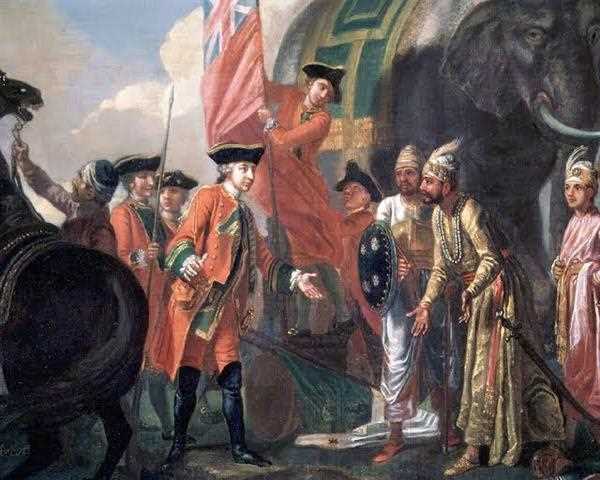Throughout history, there have been instances of misrepresentation or distortion of the facts, and Indian history is no exception. The misrepresentation of Indian history can be attributed to a variety of factors, including political and ideological agendas, cultural biases, and colonialism.
One of the primary culprits of the misrepresentation of Indian history was colonialism. When the British colonized India, they imposed their own cultural values and beliefs on the Indian people. This included an emphasis on Western education and values, which often ignored or distorted the rich history and culture of India.
Another factor that contributed to the misrepresentation of Indian history was the political and ideological agendas of those in power. Throughout Indian history, various rulers and governments have sought to rewrite history to suit their own interests. For example, the Mughal emperor, Akbar, commissioned the creation of the Ain-i-Akbari, a detailed account of the Mughal Empire, which emphasized the emperor's tolerance of all religions and his liberal policies.
Similarly, during the British Raj, the colonial government sought to portray Indian culture as backwards and in need of reform. This was done in part to justify British rule over India and to portray the British as a civilizing force. The portrayal of Indian history as being primitive and uncivilized was a way to justify the colonial project and the imposition of British values on the Indian people.
Cultural biases also played a role in the misrepresentation of Indian history. Western scholars who studied Indian history often approached it from a Eurocentric perspective, which viewed Indian culture as being inferior to Western culture. This led to the portrayal of Indian history as being stagnant and unchanging, rather than dynamic and evolving.
In more recent times, there has been a movement within India to reclaim the country's history and to challenge the misrepresentations of the past. This has been done through the study of primary sources and a renewed emphasis on Indian perspectives and narratives.
In conclusion, the misrepresentation of Indian history can be attributed to a variety of factors, including colonialism, political and ideological agendas, cultural biases, and Eurocentrism. However, there is a growing awareness and appreciation for India's rich history and culture, and efforts are being made to reclaim and reinterpret the past in a more accurate and nuanced way.
Also Read:- Top 5 most visited historical places in India